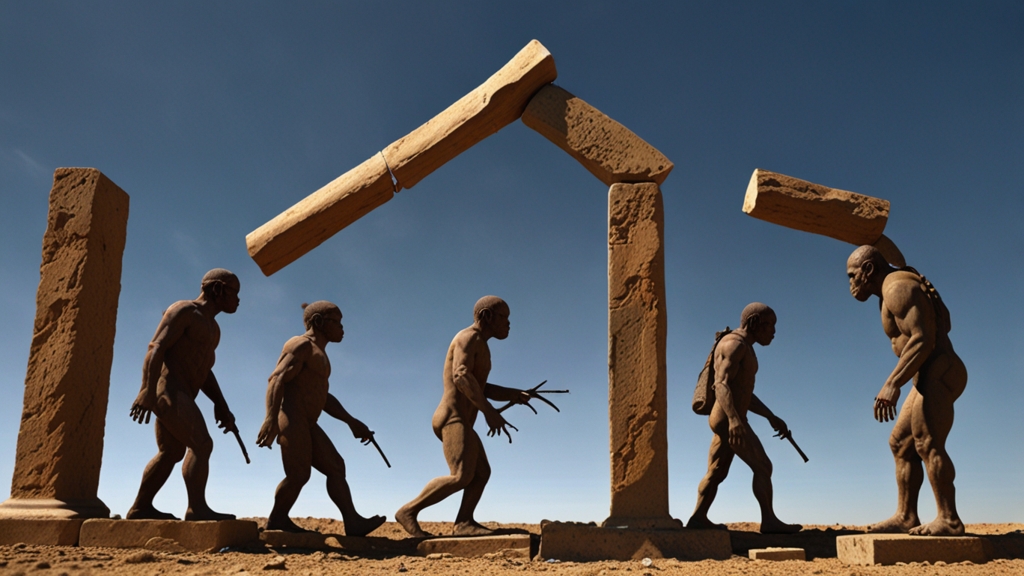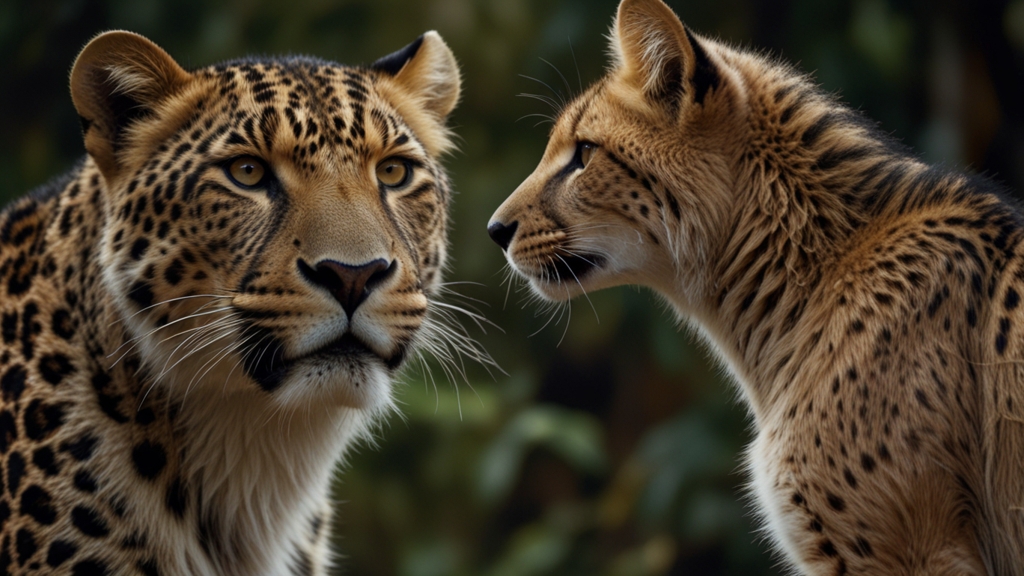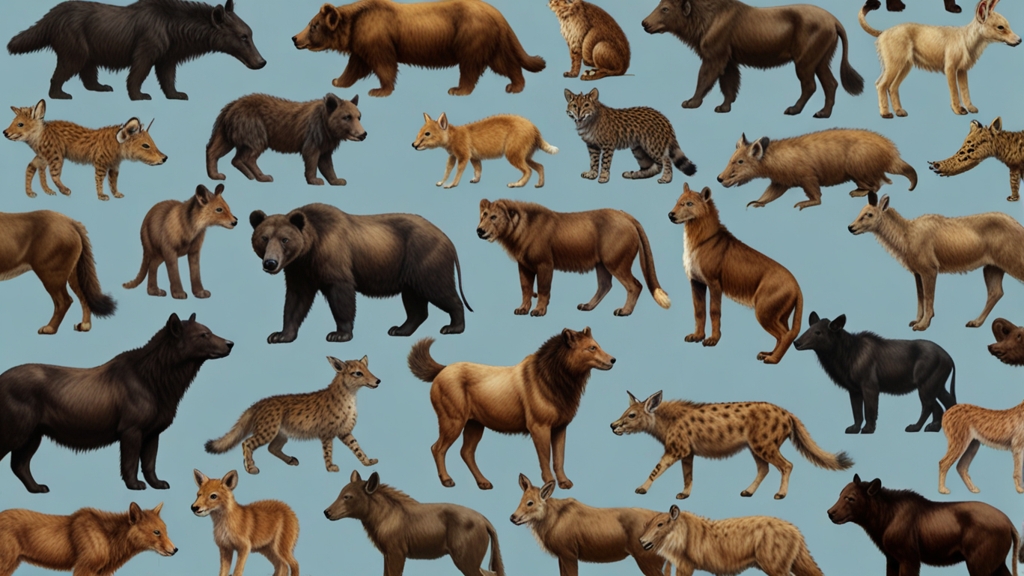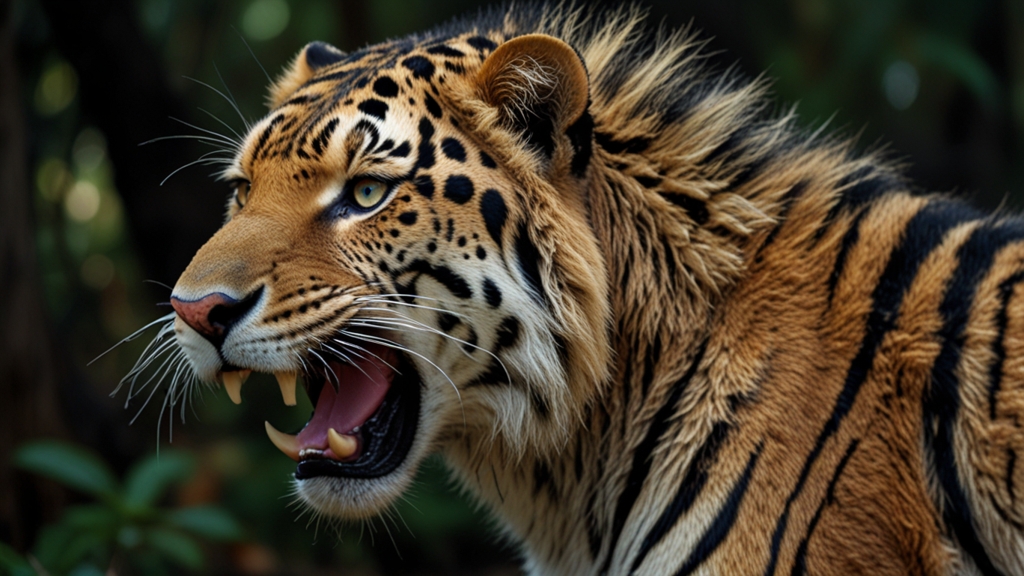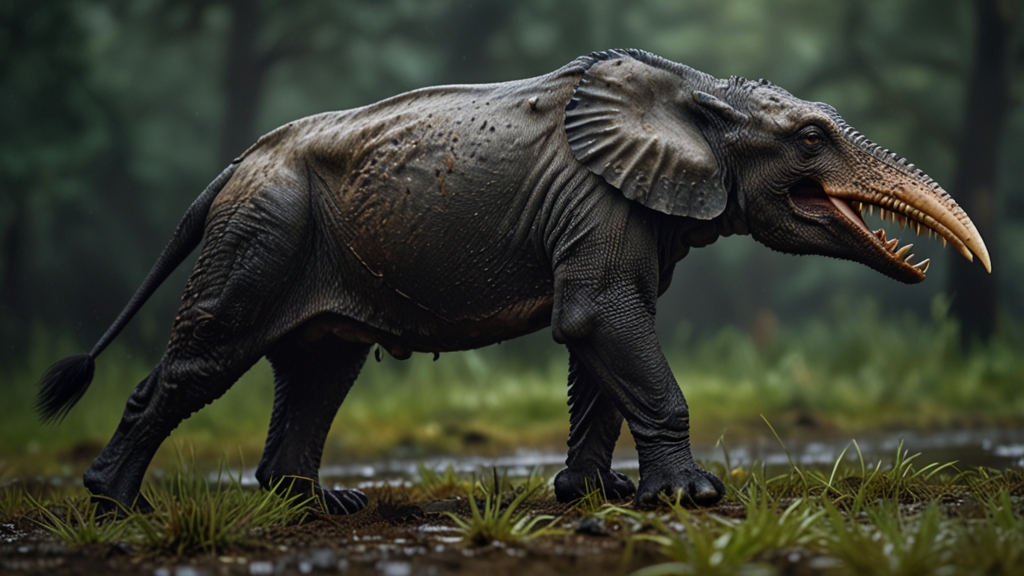The Evolution of Cooperation: Why Do We Help Each Other?
Human beings are inherently social creatures. Our tendencies to cooperate, share, and help one another are defining characteristics that distinguish us from other species. But why do we help each other? The answer to this question lies at the intersection of biology, psychology, and sociology. This article delves into the evolutionary roots of cooperation, exploring why it has become such an integral part of human behavior.
Biological Foundations: The Role of Genetics and Evolution
From an evolutionary perspective, cooperation can be seen as a survival mechanism. Charles Darwin's theory of evolution by natural selection suggests that behaviors which enhance an individual's survival and reproduction will be favored. In this context, cooperation benefits not just the group, but the individual as well.
One of the fundamental theories in this arena is the concept of "inclusive fitness" introduced by biologist W.D. Hamilton. According to this theory, an organism's genetic success is derived not just from its own reproduction but also from the reproduction of its relatives. Helping a relative can increase shared genetic material in the next generation, thereby enhancing one's own genetic legacy.
"The concept of inclusive fitness revolutionized the way we understand natural selection. It helps to explain why we might sacrifice our own well-being for our kin." - W.D. Hamilton
Psychological Influences: The Mind's Role in Cooperation
Beyond genetic imperatives, psychological factors play a crucial role in why we help each other. Humans have evolved complex emotional and cognitive systems that encourage cooperation. Feelings of empathy, fairness, and moral reasoning are deeply embedded in our psychological makeup.
The "empathy-altruism hypothesis," proposed by psychologist Daniel Batson, suggests that empathic concern for others can lead to altruistic behavior. When we see someone in distress, we often empathize with their situation, motivating us to help, even at a cost to ourselves.
"Empathy is a powerful force that can drive us to act altruistically, even when there is no direct benefit to ourselves." - Daniel Batson
Sociological Dynamics: The Influence of Society and Culture
While biological and psychological factors set the stage for cooperation, social structures and cultural norms also play significant roles. Humans live in complex societies where cooperation is often essential for achieving common goals and maintaining social harmony.
Social norms and cultural values shape our behavior in profound ways. In many cultures, helping others is not just encouraged but expected. Socialization processes, including family upbringing, education, and media, teach us the importance of cooperation and altruistic behavior.
Additionally, the principle of "reciprocal altruism," described by biologist Robert Trivers, offers another perspective. According to this principle, individuals help others with the expectation that the favor will be returned in the future. This kind of mutual exchange reinforces cooperative behavior within a community.
"Reciprocal altruism lays the groundwork for complex social interactions and long-term relationships built on trust and mutual aid." - Robert Trivers
Conclusion: Interconnected Factors Driving Cooperation
The evolution of cooperation is a multifaceted phenomenon influenced by biological, psychological, and sociological factors. Our genetic makeup, emotional and cognitive capacities, and social environments collectively drive us to help each other. Understanding these interconnected elements sheds light on one of the most fundamental aspects of human nature.
As we continue to study and explore the intricacies of cooperation, it becomes increasingly clear that helping each other is not just a behavior but a cornerstone of human existence. From an evolutionary standpoint, cooperation enhances our survival and well-being, making it an essential trait in the tapestry of human life.
